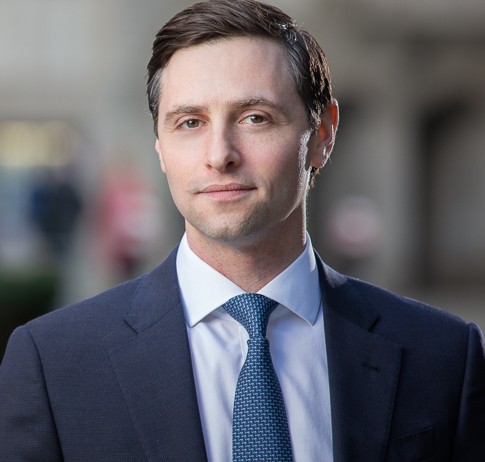In February 2019, the European Parliament approved two landmark trade and investment agreements between the European Union (the "EU") and Singapore. The EU-Singapore Free Trade Agreement (the "EUSFTA") and the EU-Singapore Investment Protection Agreement (the "EUSIPA") will remove the majority of tariffs and duties between the trading areas and provide significant investment protection and political risk mitigation for businesses investing between jurisdictions. This article considers this important development and what it means for businesses trading and investing in these jurisdictions.
The EUSFTA will remove most duties and tariffs
The EUSFTA is a broad-ranging free trade agreement between Singapore and EU which eliminates the majority of duties between the two trading zones. Once fully implemented, the agreement will allow 84 per cent of Singapore exports to enter the EU duty-free and Singapore will remove all remaining tariffs on EU products and will commit to keep unchanged the current duty-free access for all other EU products. Other key benefits of the EUSFTA will be a robust regime for protection of intellectual property rights which will provide for 70 years of copyright protection, 20 years of patent protection and 10 years of trademark protection. Singapore will also recognise EU safety tests and inspections for a range of productions, include for cars and many electronic appliances and accept labels that EU companies use for textiles.
The EUSFTA is the first trade agreement between the EU and a member of the Association of Southeast Asian Nations ("ASEAN"). The agreement will allow materials sourced from ASEAN Member States to be deemed as originating from Singapore when incorporated into certain final products in Singapore, which can enable such products to qualify for preferential tariff treatment. Essentially this will turn Singapore into a quasi-free zone for the ASEAN-region selling into the EU. The EUSFTA is also being seen as a potential first step towards creating a broader EU-ASEAN free trade agreement and trading area.
The EUSIPA will provide investment protection for businesses and create an investment dispute court
The EUSIPA, which still needs to be ratified in each of the EU member states, is anticipated to replace 12 existing bilateral investment treaties between Singapore and EU member states and extend investment protection to investors in all EU member states investing in Singapore and vice versa. Similar to the bilateral investment treaties ("BITs") being replaced, the EUSIPA sets out in general terms the substantive rights or standards of treatment that Singapore and EU member states undertake to grant investors of the other contracting state with respect to their investments. These include:
- national standard of treatment (non-discrimination of investors as compared with treatment accorded to investors from the host State);
- fair and equitable treatment; and
- compensation in the event of expropriation of investments.
The EUSIPA also establishes an investment court system to hear claims brought by investors against host States. Investor-state disputes will be heard by a panel of three members drawn from a six-strong permanent tribunal. Members of the tribunal will be appointed by the EU and Singapore to serve eight-year terms. The EU and Singapore may each nominate two members, with the remaining members nominated jointly by the treaty parties from third countries. Cases can be administered under ICSID, ICSID Additional Facility, UNCITRAL or any other rules agreed by the disputing parties and the Secretariat of ICSID shall act as Secretariat for the tribunal and provide it with appropriate support. The EUSIPA also provides for a permanent appeals tribunal, which is to be composed of six members and appointed in a similar manner to the first instance tribunal.
Withers has a leading specialist practice in international investment and trade law. Withers’ team has particular experience in advising investors on how to structure their investments in order to benefit from BIT protection as well as representing companies, individuals and governments in investor-State arbitration proceedings. Among other jurisdictions worldwide, we have offices in Singapore, the UK and Italy. These factors contribute to the strength of our international investment and arbitration practice and place us as trusted advisors to companies and entrepreneurs involved in cross-border investments as well as disputes, including investor-State arbitration in Europe and Singapore.
For further information please contact: Hussein Haeri or Robert Kovacs


